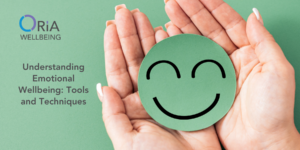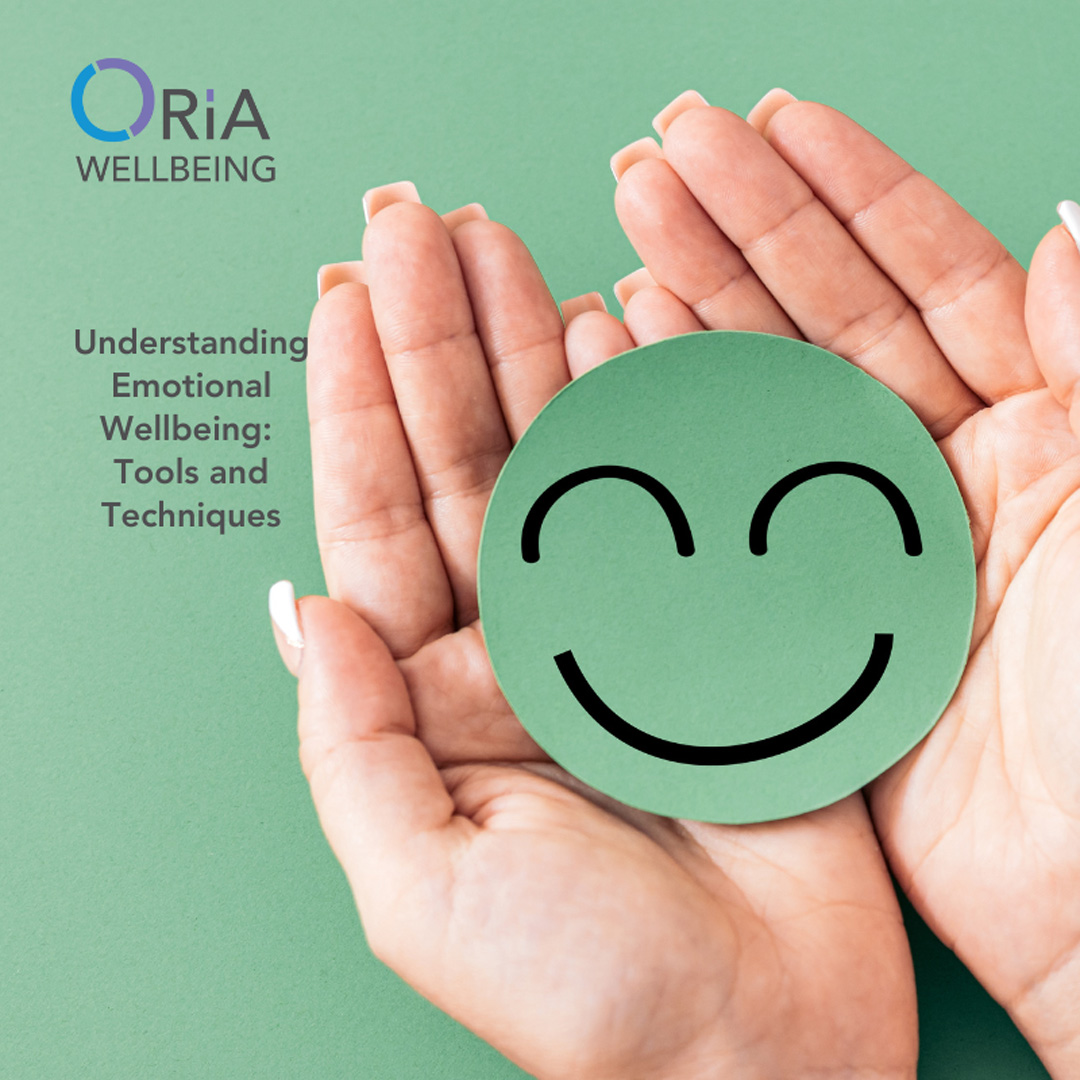Emotional wellbeing is just as important as physical health, yet it’s often overlooked. In this blog, we will explore tools and techniques to nurture your emotional health and build resilience in the face of life’s challenges.

Self-awareness:
Understanding your emotions is the first step to managing them.
Journaling:
Writing down your thoughts and feelings can help you process emotions and gain insights into your emotional patterns.
Mindfulness Meditation:
Regular mindfulness practice helps increase self-awareness and reduces emotional reactivity.
Check-ins:
Set aside time throughout the day to pause and check in with your emotions. Ask yourself: “How am I feeling right now?”
Coping Strategies:
It’s normal to experience stress and negative emotions, but having effective coping strategies is crucial for emotional balance.
Breathing Exercises:
Deep breathing can help calm the nervous system and reduce stress in moments of overwhelm.
Visualization:
Imagine a peaceful place or situation that brings you calm and comfort. This can be an effective way to reset your emotional state.
Talking it Out:
Share your feelings with a trusted friend, family member or coach. Verbalizing your emotions can help release built-up tension.
Building Resilience:
Resilience is the ability to bounce back from adversity, and it’s a skill that can be developed.
Practice Gratitude:
Focusing on what you’re grateful for can help shift your perspective from scarcity to abundance.
Challenge Negative Thoughts:
When faced with negative self-talk, challenge it by asking: “Is this thought true? What evidence do I have for or against it?”
Learn from Setbacks:
View challenges as learning opportunities rather than failures. Reflect on what you’ve learned and how you can grow from the experience.
The Role of Social Connections:
Strong social connections are vital for emotional wellbeing.
Nurture Relationships:
Spend time with friends and family who uplift you and provide emotional support.
Join Communities:
Engage in activities or join groups that align with your interests and values to build a supportive network.
Conclusion:
Emotional wellbeing is an ongoing process that requires self-awareness, effective coping strategies and strong social connections. By using these tools, you can build emotional resilience and improve your overall quality of life.

